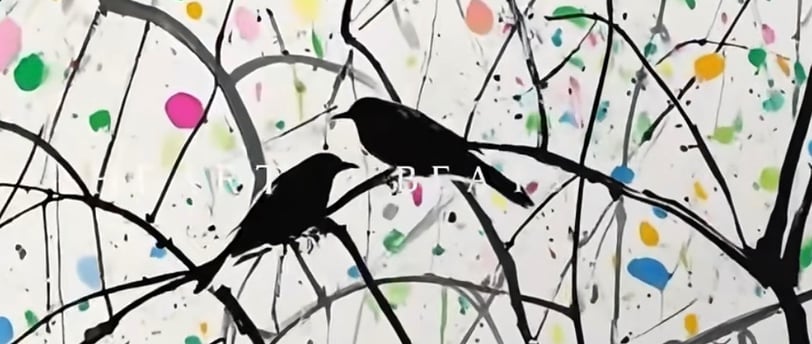The Weight of Unfinished Things: How Procrastination Lives in the Body
self-help
Effie
3/15/20252 min read


We often hear that trauma is stored in the body, but what if everything we avoid—every unfinished task, unread message, unopened email—also takes up space within us? What if procrastination isn’t just a mental block but a physical sensation, a weight that lingers in our muscles, breath, and nervous system?
Think about the tasks you’ve been avoiding. The phone call you hesitate to make. The envelope you still haven’t opened. The cluttered inbox filled with unread emails. We tell ourselves that these things are external, existing only as digital notifications or scattered papers, but if that were true, they wouldn’t feel so heavy. If they were separate from us, they wouldn’t create the tension we carry in our shoulders, the unease in our stomach, the restless energy we can’t quite name.
The Body as a Storage Space
Avoidance is rarely about the task itself. More often, it’s about the emotions tied to it. The unread email might hold an opportunity that scares you. The unanswered text might contain a difficult conversation. The unfinished project might carry the weight of perfectionism, fear of failure, or even resistance to success. Instead of facing these emotions, we push them aside. But emotions don’t simply disappear. They settle into the body, creating invisible knots of tension.
The longer we ignore them, the more deeply embedded they become. It’s why we feel a sense of dread when we glance at our to-do list but quickly look away. It’s why a cluttered space can make us feel stuck, even when we’re not actively thinking about it. These unfinished things don’t just exist in the outside world—they live in us, shaping how we move, breathe, and feel.
The Power of Completion
But here’s the interesting thing: when we finally do what we’ve been avoiding, we don’t just experience relief—we feel it physically. There’s a reason why tackling a long-overdue task feels like lifting a weight off our chest. When we clear our inbox, clean our space, or check something off our list, we’re not just organizing our environment—we’re releasing stored energy. The tension that once lived in our body dissolves.
This is why external action can lead to internal healing. We often think of transformation as something that happens from within first, that we must process emotions before taking action. But what if it can also work the other way around? What if clearing physical and mental clutter can create emotional clarity?
Compassion for the Process
Many of us carry shame around procrastination, believing it’s a sign of laziness or weakness. But if avoidance is rooted in emotion, then procrastination isn’t a failure—it’s a symptom. Instead of forcing ourselves through tasks with sheer willpower, we can ask: What is this task holding for me? What emotion is stored here?
And then, with compassion, we can begin to untangle the knots—not all at once, but gently, thread by thread. Not as a punishment, but as a release.
Because in the end, completing these tasks isn’t just about productivity. It’s about reclaiming space within ourselves. It’s about freeing our bodies from the weight of everything unfinished. And when we do that, we don’t just change our to-do list—we change the way we feel in our own skin.y
